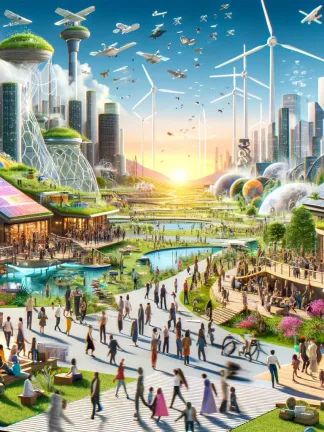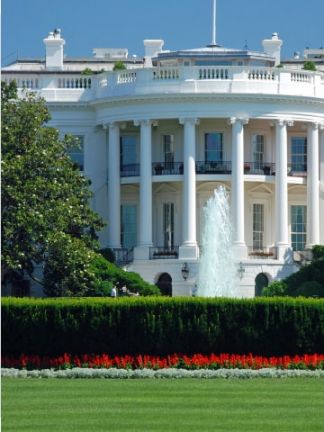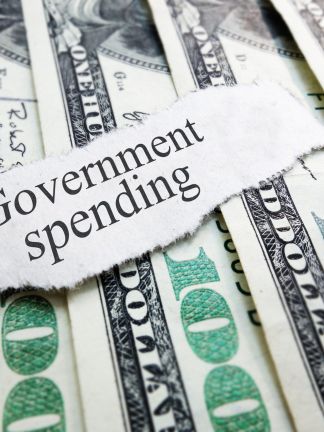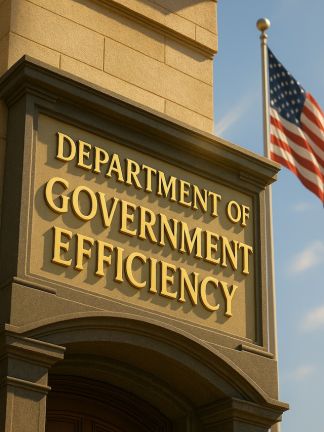San Francisco Bans Pool Toys in the Name of Science

Published in Liberator Online - 3 mins - Jul 11
San Francisco Bans Pool Toys in the Name of Science
This article was featured in our weekly newsletter, the Liberator Online. To receive it in your inbox, sign up here. The city of San Francisco has made history in many different, and often significant and terrifying ways.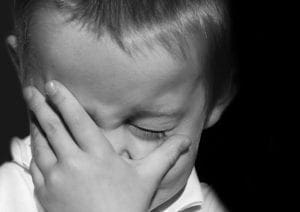 The home of the nation’s largest Federal Reserve System bank by area and population has long served as a target for conservatives and libertarians, mostly due to the city’s passion for micromanaging the lives of its residents. So the latest political piece of news to come out of the Paris of the West might not come as a surprise to our readers.
According to Watchdog.org, San Francisco’s government has just passed the country’s most extensive ban on foam products, adding pool toys to the list of outlawed items. This move alone, Watchdog reported, is why the San Francisco’s ban goes one step further than any other of the country’s most progressive cities.
Other products impacted by the ban include packing peanuts, coffee cups, take-out trays, or anything made out of polystyrene foam.
According to the city, the ban is important because plastic foam is polluting San Francisco Bay, so keeping residents from using it could, perhaps, help to protect the environment. But the ban, ABC News noted, is unrealistic. Despite the new rules, the city is incapable of stopping anyone outside the city to ship products packed in foam containers, for instance.
But enforcement feasibility is not the only issue with this new ordinance.
Last year, a ban targeting take-out trays was overturned by a New York state judge who claimed to see the move as “arbitrary and capricious,” as well as “neither environmentally effective nor economically feasible.”
At the time, estimates showed that the alternatives to the non-recyclable take-out food trays would cost about $6,000 more per year to business owners. To multi-millionaire businesses, that sum doesn’t sound all that terrifying, but to the owners of small businesses, the added cost could mean higher prices, fewer employees, or perhaps both.
In a 2012 article for the Wall Street Journal, professor of economics Donald J. Boudreaux wrote that “Industrial capitalism is history’s greatest antipollutant,” adding that “the list of ways in which the developed world has been cleaned by capitalism is practically endless.” In a report for the Cato Institute, Sallie James, a policy analyst with Cato’s Center for Trade Policy Studies, concludes that a “freer, more prosperous economy is a more auspicious path to ensuring a more rapid spread of environmental technology and the global consensus needed to combat climate change.”
The imposition of restrictions that affect the poorest among us will only cause more unemployment while hurting consumers. If you are busy simply struggling to survive, helping to save the environment won’t be a top priority.
Since governments are notorious for their lack of knowledge regarding the allocation of resources, it’s easy to see how governments also lack the necessary knowledge to implement bans or restrictions that would ensure climate policy is operated effectively.
When free markets are in place and certain market elements fail to maximize the welfare of consumers, they fail. When governments run failed policies, they do not crash and burn; they remain in place. Regardless of these failed policies’ shortcomings or evident defeat. Why not give individuals a chance to find a solution without restrictions for a change?
The home of the nation’s largest Federal Reserve System bank by area and population has long served as a target for conservatives and libertarians, mostly due to the city’s passion for micromanaging the lives of its residents. So the latest political piece of news to come out of the Paris of the West might not come as a surprise to our readers.
According to Watchdog.org, San Francisco’s government has just passed the country’s most extensive ban on foam products, adding pool toys to the list of outlawed items. This move alone, Watchdog reported, is why the San Francisco’s ban goes one step further than any other of the country’s most progressive cities.
Other products impacted by the ban include packing peanuts, coffee cups, take-out trays, or anything made out of polystyrene foam.
According to the city, the ban is important because plastic foam is polluting San Francisco Bay, so keeping residents from using it could, perhaps, help to protect the environment. But the ban, ABC News noted, is unrealistic. Despite the new rules, the city is incapable of stopping anyone outside the city to ship products packed in foam containers, for instance.
But enforcement feasibility is not the only issue with this new ordinance.
Last year, a ban targeting take-out trays was overturned by a New York state judge who claimed to see the move as “arbitrary and capricious,” as well as “neither environmentally effective nor economically feasible.”
At the time, estimates showed that the alternatives to the non-recyclable take-out food trays would cost about $6,000 more per year to business owners. To multi-millionaire businesses, that sum doesn’t sound all that terrifying, but to the owners of small businesses, the added cost could mean higher prices, fewer employees, or perhaps both.
In a 2012 article for the Wall Street Journal, professor of economics Donald J. Boudreaux wrote that “Industrial capitalism is history’s greatest antipollutant,” adding that “the list of ways in which the developed world has been cleaned by capitalism is practically endless.” In a report for the Cato Institute, Sallie James, a policy analyst with Cato’s Center for Trade Policy Studies, concludes that a “freer, more prosperous economy is a more auspicious path to ensuring a more rapid spread of environmental technology and the global consensus needed to combat climate change.”
The imposition of restrictions that affect the poorest among us will only cause more unemployment while hurting consumers. If you are busy simply struggling to survive, helping to save the environment won’t be a top priority.
Since governments are notorious for their lack of knowledge regarding the allocation of resources, it’s easy to see how governments also lack the necessary knowledge to implement bans or restrictions that would ensure climate policy is operated effectively.
When free markets are in place and certain market elements fail to maximize the welfare of consumers, they fail. When governments run failed policies, they do not crash and burn; they remain in place. Regardless of these failed policies’ shortcomings or evident defeat. Why not give individuals a chance to find a solution without restrictions for a change?

Alice
Author
Advocates for Self-Government is nonpartisan and nonprofit. We exist to help you determine your political views and to promote a free, prosperous, and self-governing society.
What do you think?
Did you find this article persuasive?
Unpersuasive
Neutral
Very Persuasive
Subscribe & Start Learning
What’s your political type? Find out right now by taking The World’s Smallest Political Quiz.




